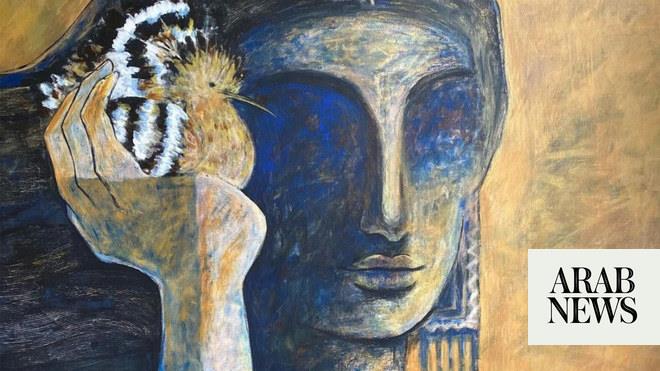
BARRABA, Australia (Reuters) - When Fintan Magee was asked to paint a mural on a trio of 40-metre high grain silos in the small Australian town of Barraba, he decided against an archetypal image of sheep and cattle.
Instead he painted a water diviner, a practice still used in parts of Australia where proponents believe they can find ground water with two metal rods or, as pictured in the mural, sticks.
Painted last year, it is one of dozens of large-scale murals to appear across rural Australia, turning sides of buildings, water tanks and old grain silos into striking canvasses.
“Painting walls is a bit like surfing, every wave is different, every wall is different. That’s the biggest challenge for me,” Magee told Reuters from his art studio in Sydney’s inner-western suburbs.
“Scaling and the technical things are just part of the job now.”
Many of the works were painted during a long drought that devastated communities and led to widespread water restrictions including in agricultural towns like Barraba in central New South Wales.
Magee said that during a research trip he saw a diviner working with water bore drillers during the drought, which only started to ease early this year.
While broadly considered street art, the sheer size of the murals makes them a phenomenon of their own.
Many artists use cherry picker cranes or lifts to reach their canvasses, go through hundreds of litres of paint, and spend weeks on their murals.
“It wasn’t really until the last three or four years that projects have been growing bigger and bigger - more stuff happening in Sydney and Melbourne and also the silo thing has exploded,” said Magee.
The size has one great advantage over other forms of art - it’s almost impossible for passersby not to take it in.
ADVERTISEMENT
“It’s absolutely gorgeous - it wasn’t here last time we came through,” said Cathy Skinner, one of several people who stopped at the Barraba mural when Reuters visited last week.
“I think he looks like Prince Harry, I think he’s wonderful,” Skinner said of the water diviner.
The resemblance to the British prince is often remarked upon. Magee said while he didn’t see the likeness, other than the red hair, people were free to come to their own conclusions.
“I don’t see why Prince Harry would be divining in central New South Wales, but who knows, he might have been through town on a royal trip one time,” he said.
Reporting by Jill Gralow and Jonathan Barrett; Editing by Robert Birsel
Our Standards: The Thomson Reuters Trust Principles.
MORE FROM REUTERS












